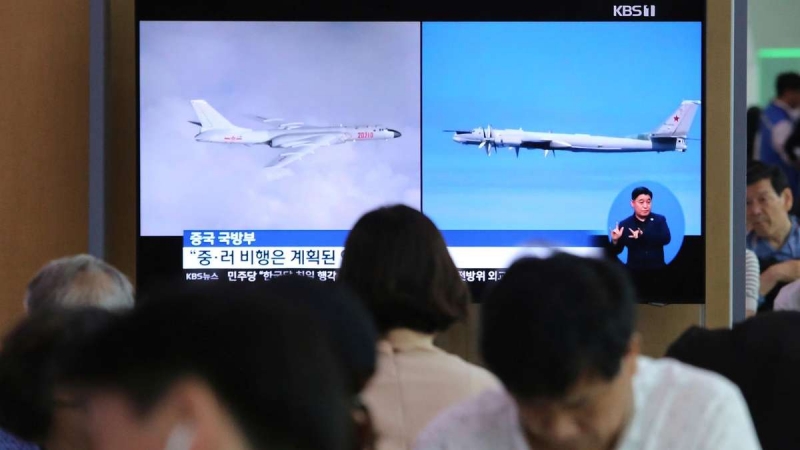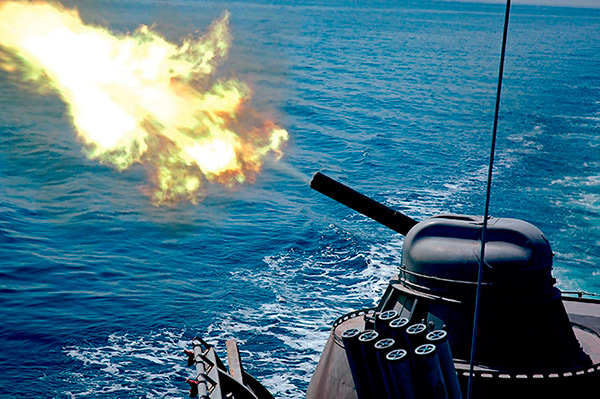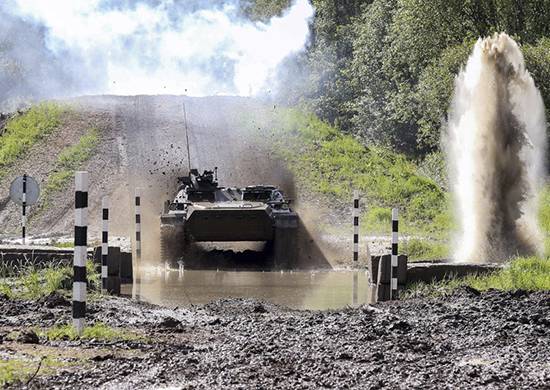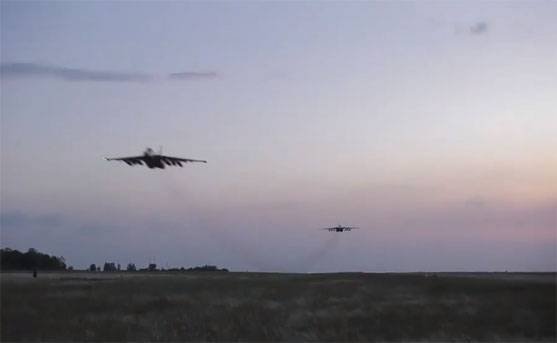
The geopolitical significance of the first ever joint patrol of Chinese and Russian strategic bombers
The People's Republic of China Air Force and the Russian Air Force conducted the first-ever joint long-range patrol in the Indo-Pacific region with the participation of two Chinese Xian H-6K strategic bombers and two Russian Tu-95MS long-range bombers, capable of carrying nuclear weapons.
In accordance with the statement of the Russian Ministry of Defense, the purpose of this mission was to "strengthen global stability". The statement also highlights three reasons, for which joint flights of strategic bombers are geopolitically important.
First of all, these flights are meant to send a signal to the United States and its allies, that the two Eurasian powers are moving towards political convergence on certain issues, related to the nuclear field, though not to direct military cooperation, in the face of an increasingly aggressive US policy on nuclear weapons and a slow, but the steady destruction of the system of agreements on the limitation of strategic offensive arms.
It is with nuclear weapons, apparently, connected cause, according to which the air forces of the two countries decided to conduct patrols in the immediate vicinity of the coast of South Korea. Beijing and Moscow have repeatedly expressed their concerns about the deployment of THAAD missile defense systems by the United States on the Korean Peninsula., which include long range radar stations. China and Russia called the deployment "irresponsible" and stressed, that it is capable of destroying the "strategic balance in the region".
China expresses particular concern over THAAD deployment in South Korea, because it could jeopardize a country's ability to retaliate if attacked. The recent flight of four Chinese and Russian nuclear bombers underscores both countries' resentment of the status quo in no uncertain terms., under which American missile defense systems are in the region on a permanent basis.
The formation of a united Sino-Russian front could also make it much more difficult for the US and its allies to secure any future concessions from both countries on ballistic and cruise missiles.. However, in the current situation, the likelihood of any serious negotiations in any case is vanishingly small.
Also noteworthy is the fact, that yesterday's air patrol differs from all previous joint Chinese-Russian military exercises precisely in the presence of a nuclear component: so far, submarines with ballistic missiles on board have not taken part in them.
Secondly, this patrol highlights the new level of Sino-Russian technical cooperation in the air and the growing military potential of both powers.. Although a joint Chinese-Russian mission in the Korean Peninsula region does not require technological interoperability at the level of NATO forces, she is, Nevertheless, indicates a potential deepening of their military cooperation in the future.
According to a spokesman for the Chinese Ministry of Defense, the purpose of the patrol was to "build the capacity of joint operations". As military analyst Dmitry Stefanovich notes, if the air forces of the two countries reach this level of interaction, which will provide interaction for refueling in the air, their impact on the regional strategic balance could increase significantly.
Thirdly, the general meaning of the joint patrol of Chinese and Russian bombers is, to highlight the growing military ties between the two countries. In accordance with the resolution, adopted by the Russian government and published earlier this week, negotiations are currently underway between Moscow and Beijing on a new agreement in the field of military cooperation.
Notably, that in a press statement regarding the maneuvers of Chinese and Russian bombers, like Chinese, so the Russian Ministry of Defense refers to a certain document, Russian-Chinese military cooperation plan for 2019 year". Not quite clear, what does this mean, since no such plan has ever been published, and its provisions remain unknown. However, the very existence of such a document implies a hitherto unheard-of level of military cooperation.
Sino-Russian military ties do not lead to the formation of a bilateral equivalent of a permanent military alliance with a high degree of military interoperability, similar to NATO. Likely, sooner or later, China and Russia will create a military alliance modeled on the Entente 19 century, where both sides remain independent entities with no unified command structure and operational coordination if needed, but with a common warfare strategy.











